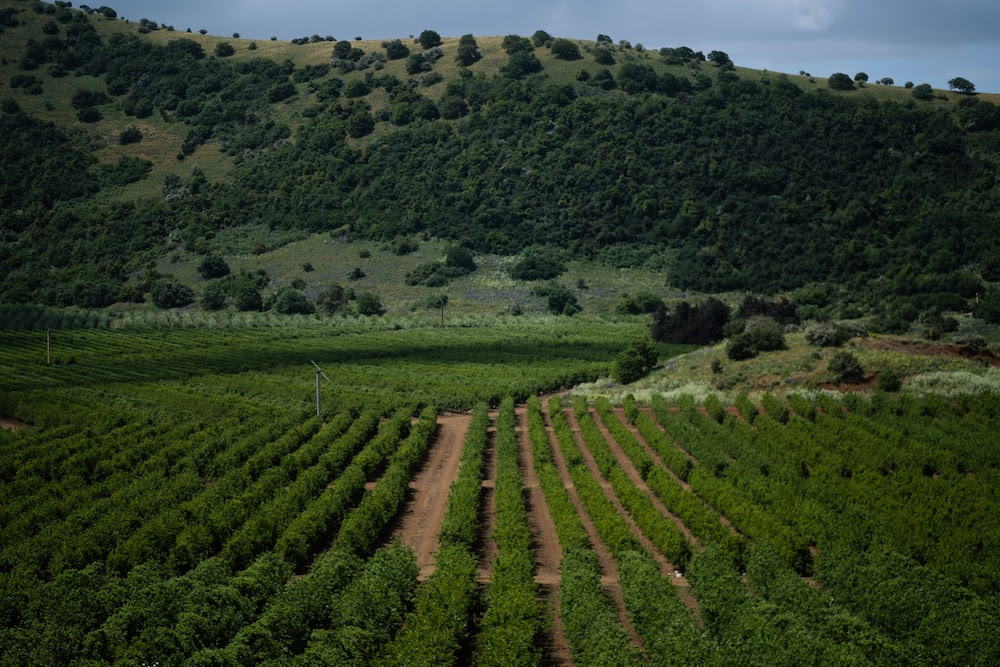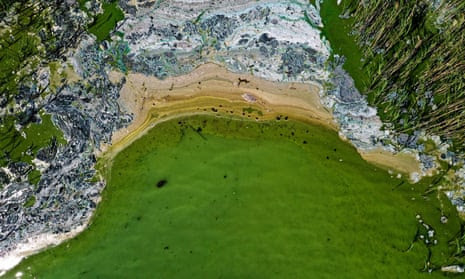
Israel is one of the main leaders in the field of climate innovation and can provide essential solutions for the prosperity and survival of humanity.
The world’s demographics are reaching record heights: in the last 40 years, the world’s population has doubled.
As a result, it is important to find solutions to feed all the planet’s inhabitants. There are water shortages, as well as desertification. Israel is innovating to tackle the environmental crisis, both locally and internationally:
Precision and hydroponic farming, drip irrigation, the development of disease-resistant strains, the rehabilitation of soils impoverished by erosion and salinization, and the use of brackish water…, are just some of the solutions Israel is using and advocating to cope with climatic hazards. To these, we can add the storage of agricultural produce, post-harvest care, and the rationalization of agricultural production to avoid food waste and reduce greenhouse gas emissions.
Let’s take a concrete example of Israeli innovation in agriculture:

The Israel Agricultural Research Organization Center has developed a method for reducing losses in cereal production, which halves the loss of grain in silos. Diseases, moulds, and insects are said to cause a 10% loss of stored grain. An extraordinary amount of greenhouse gases, water, and farmland could be saved if the rate of loss of stored grain worldwide were halved.
The FAO (Food and Agriculture Organization of the United Nations) estimates that agricultural production will increase by around 70% by 2050. Israel is rationalizing its agricultural production and paying particular attention to post-harvest and storage. Climate change and desertification are weakening natural production systems, which are struggling to provide services to both mankind and nature. This is due to high population growth and increasing demand for crops for industrial needs, among others.

Water is another battle, and Israel has developed cutting-edge purification and desalination technologies. 90% of its wastewater is purified and recycled for use in agriculture. If this recycling rate were extended worldwide, it would massively reduce the number of greenhouse gases, prevent environmental pollution and the destruction of natural ecosystems, and simultaneously provide treated and purified water for both the environment and agriculture.
Preventing water loss in urban systems is another challenge. Israel has implemented a wide variety of technologies and methods to prevent water loss in supply systems, such as the detection of liquids by remote systems.
Since its creation in 1948, Israel has planted hundreds of millions of trees to preserve forests in semi-arid and low-rainfall areas, and billions of trees are being planted to mitigate the effects of the climate crisis. The country uses the technique of reforestation, not “afforestation” (new forests), which is at the expense of naturally functioning local ecosystems.
Israel may be a small country, but it boasts hundreds of kilometers of sun-drenched coastline. Israel innovates through its local resources, putting aside the use of batteries (obsolete and costly) that have to be recycled at the end of their life cycle. Wave power, solar systems, and energy storage in ice enable real renewable energy production.
Israeli companies and university research institutes are recognized as pioneers in the development of animal protein substitutes. Laboratory-grown cultured meat, vegetable proteins mimicking meat or chicken, or proteins produced by fermentation
These solutions can make a significant contribution to tackling the agricultural crisis. It is important to note that the coronavirus pandemic has greatly contributed to the interest shown in animal proteins by companies operating in this field. Global awareness of the relationship between zoonotic disease epidemics and the way we eat has had a huge impact on meat production and consumption.






